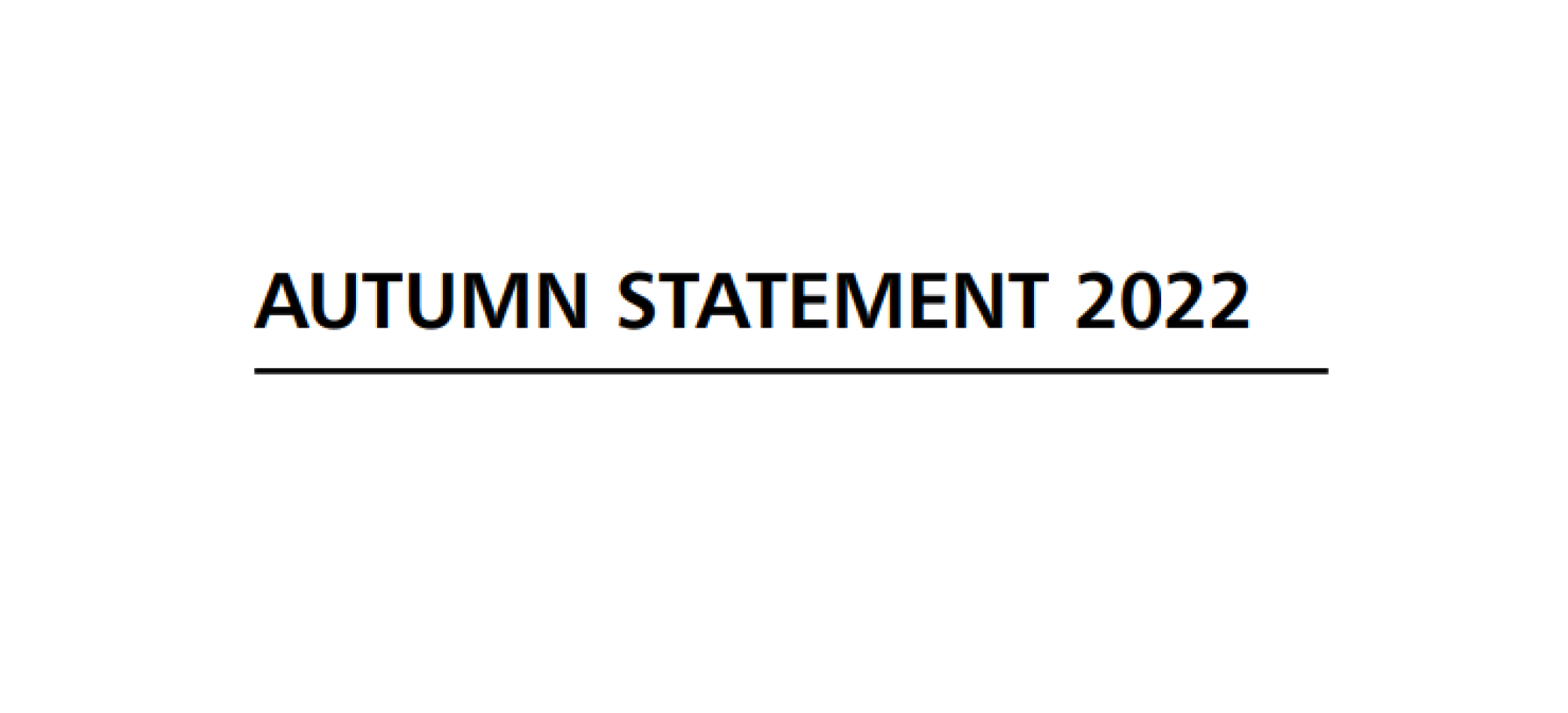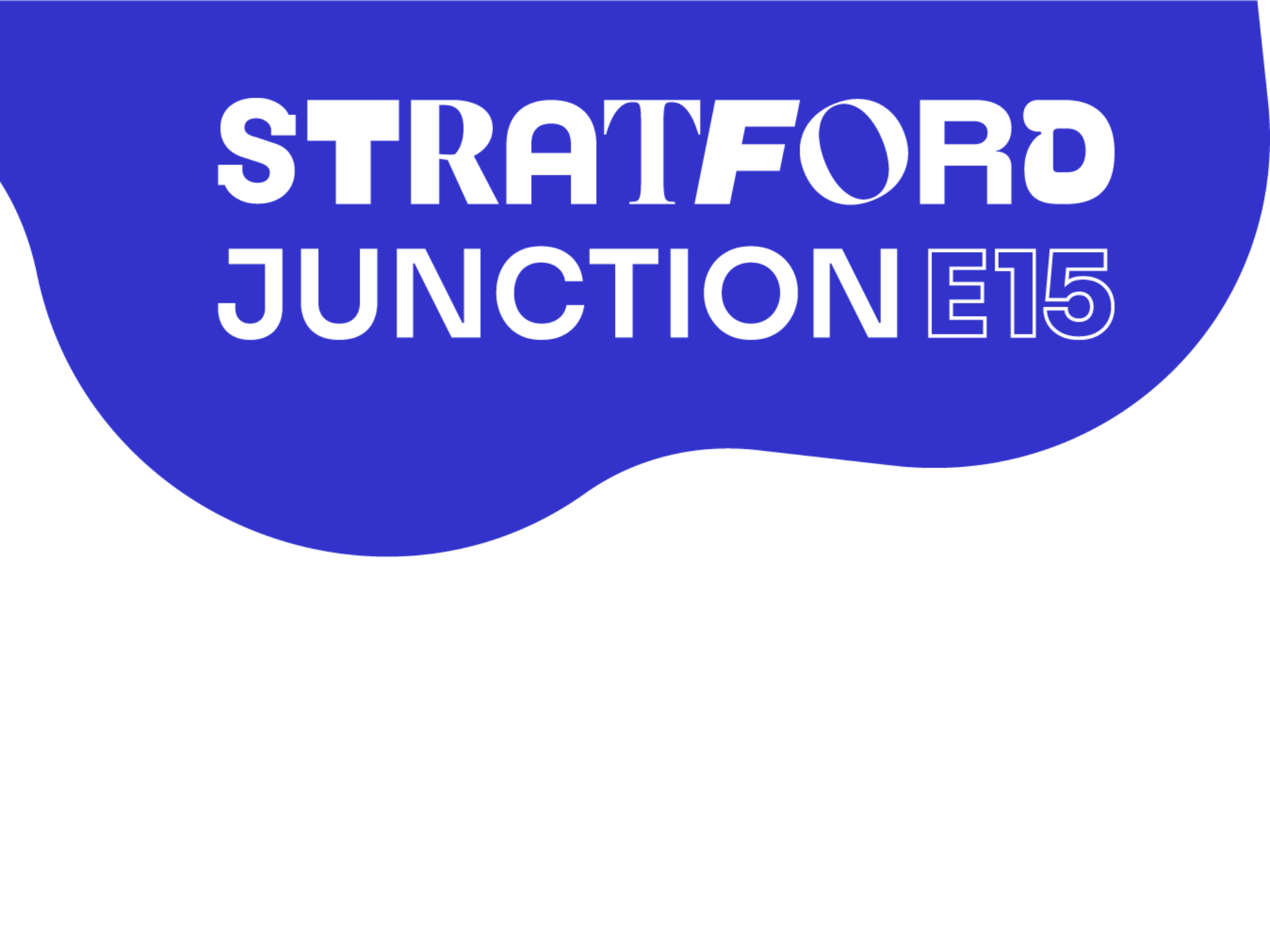On the 18th November 2022, the Chancellor announced a series of fiscal measures that will have an impact on high streets and BID areas.
The BID Foundation has analysed the Treasury’s 70 page publication and has provided the key points of the statement.
Recession and high street impact
The UK economy is officially in recession. This results in tax increases and spending cuts to tackle a historically significant moment in UK economic history.
This also means:
- A predicted 7% fall in living standards by 2024
- Business investment shrinking by 10% compared to 2019 levels
- As real wages fall – households have already started to cut back on spending with retail sales volumes falling by 1.4% in September.
Business Rates
The government has responded positively to months of lobbying by IPM, TBF and all other sector groups. Whilst there is no fundamental review of the non-domestic rates system, there is a range of meaningful financial support available to businesses:
- 75% rates relief for retail, hospitality and leisure sectors – up to £110,000 per business, in 2023/24.
- Revaluation of properties in 2023
- Multipliers frozen in 2023/24
- Transitional relief available
- Downward caps abolished
- £600 upward cap for SBRR / RR
- No online sales tax
Energy
An extension of the energy support for households was welcomed, with the warning that the business support scheme is still under consideration. Businesses will be affected by the following new measures:
- Energy Bill Relief Scheme (for businesses)
- Windfall taxes
- Policy targets to reduce energy consumption by 15% by 2030
Employment and wages
The labour market continues to be tight – although a small loosening is expected with unemployment rising from 3.6% to an expected 4.9% in 2024. The following measures will have an impact on this:
- National Living Wage to increase by 9.7%; with increases across all age brackets.
-
Increasing welfare payments and state pensions by 10% will also protect some of the most vulnerable from inflation-related costs. A further cost of living payment of £900 will be provided to those on means-tested benefits in 2023/24, and for those on social rents, increases in rental payments will be capped at 7%.
Public Sector Budgets
Further statements in the house will outline what the economic situation means for specific government departmental spending – this means budgets will be raised by the previously committed 3.7%.
What this means is that inflation will create a situation of effective cuts to spending power – hence the Chancellor talking about ‘efficiencies’ to be found.
Although efficiencies need to be found across government departments and likely local government, capital spending will continue at 24/25 levels – providing significant benefit to local infrastructure projects that will continue to be delivered.
Sector Body Responses
Broadly speaking, the statement has been welcomed by industry bodies such as UK Hospitality and the Local Government Association. The measures on rates protection for some sectors are welcomed, as are other measures to protect consumers. What perhaps is most conspicuous by its absence is a lack of policies designed to boost growth – and this will perhaps be a focus for the government over the upcoming months and next year. Funds and policies to encourage business growth will be vital to ensure the economy returns to growth and enables the kind of spending on priority areas like health and social care, and innovation.
Place Policy
- Levelling Up Funds and Shared Prosperity Funds continue – we expect up to £1.7bn to be awarded to local areas that are successful with their previously submitted bids.
- Trailblazer deal discussions with GMCA and WMCA
- Investment Zones to be refocused on universities and innovation
To find out more, read The BID Foundations full summary statement below.





